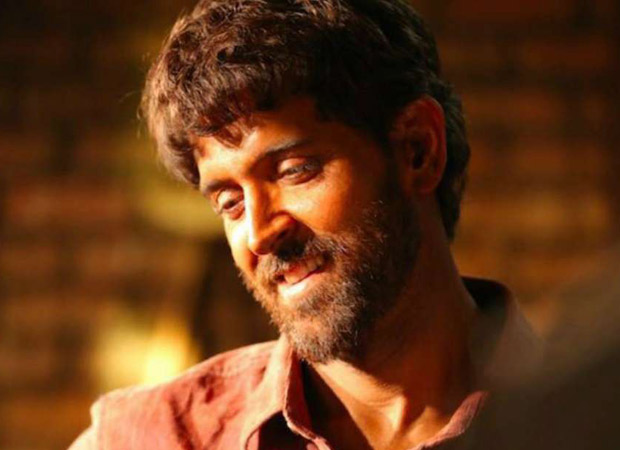- Welcome to Tv Articles! Bringing you Exclusive TV articles for your needs
Super 30: Anurag Kashyap will NOT replace Vikas Bahl, no director name in the credit roll

Star Plus Nazar achieves BIG on an International level
February 13, 2019
The Fakir Of Venice Movie Review
February 13, 2019Super 30: Anurag Kashyap will NOT replace Vikas Bahl, no director name in the credit roll

Hritihk Roshan’s Super 30 was a standout amongst the most anticipated movies until it got involved in a debate in light of its executive Vikas Bahl. Bahl got named in the Me Too development and the survivor was supported by his once accomplices Vikramaditya Motwane and Anurag Kashyap. She went poorly with the legitimate method and subsequently there was no lawful move made against Bahl. In any case, Kashyap and Motwane broke down Phantom generation house. Vikas’ continuous film with Roshan, Super 30 was assumed control by Kashyap. Having said this, the creators have asserted that however Kashyap is seeing through the after generation work and altering his name won’t be in the acknowledge list as the executive since he has not supplanted Bahl per state.
Super 30: Anurag Kashyap won’t supplant Vikas Bahl, no executive name in the credit roll
Shibasish Sarkar, Group CEO of Reliance Entertainment made it official that Vikas is never again connected with the film however the in house groups are taking a gander at completing the film on time. Moreover, he said that if Vikas Bahl gets a court request demonstrating his innocence he could have his name back in the credit list. Sarkar likewise rubbished gossipy tidbits about them paying Bahl a severance charge for throwing his name out from the film. He additionally denied Hrithik’s supposed association in this.
Having said this, Hrithik Roshan had openly assailed Vikas after his name sprung up in Me Too development and had declined to work with him by virtue of his zero resistance approach against inappropriate behavior of any sort. He had stated, “It is incomprehensible for me to work with any individual in the event that he/she is liable of such grave offense. I am away and approach just sporadic data. I have asked for the makers of Super 30 to assess the obvious realities and take an unforgiving stand if need be. This isn’t to be quieted or brushed far from anyone’s regular field of vision. Every single demonstrated guilty party must be rebuffed and every single abused individuals must be enabled and offered solidarity to talk up.”
